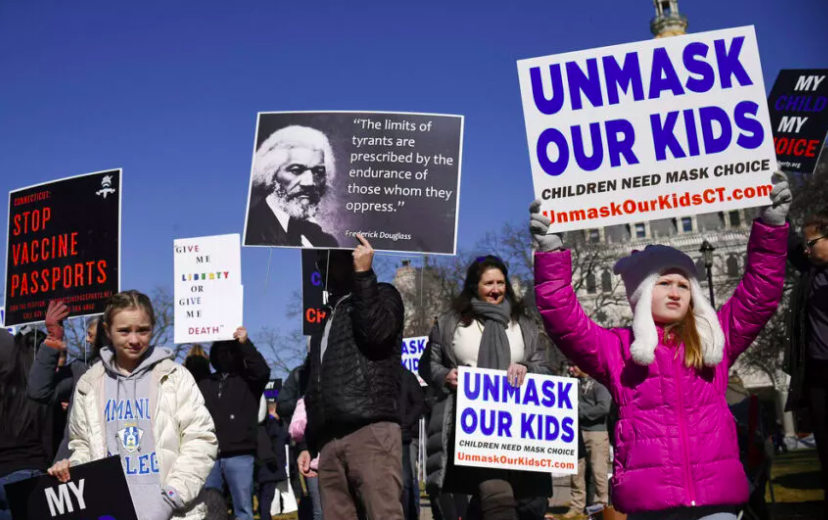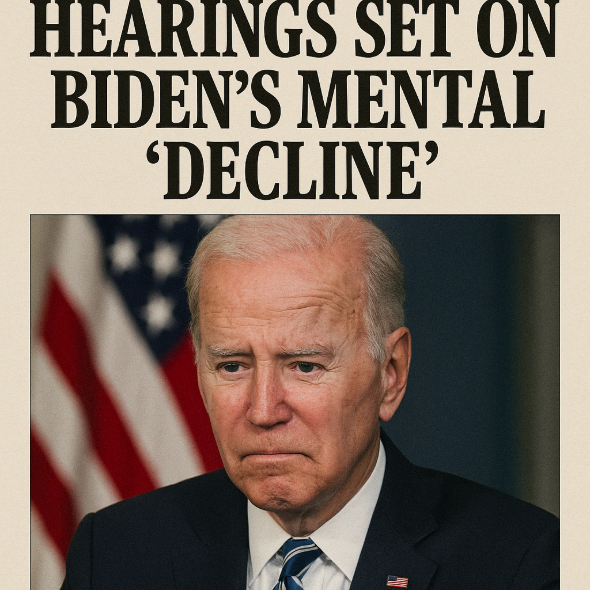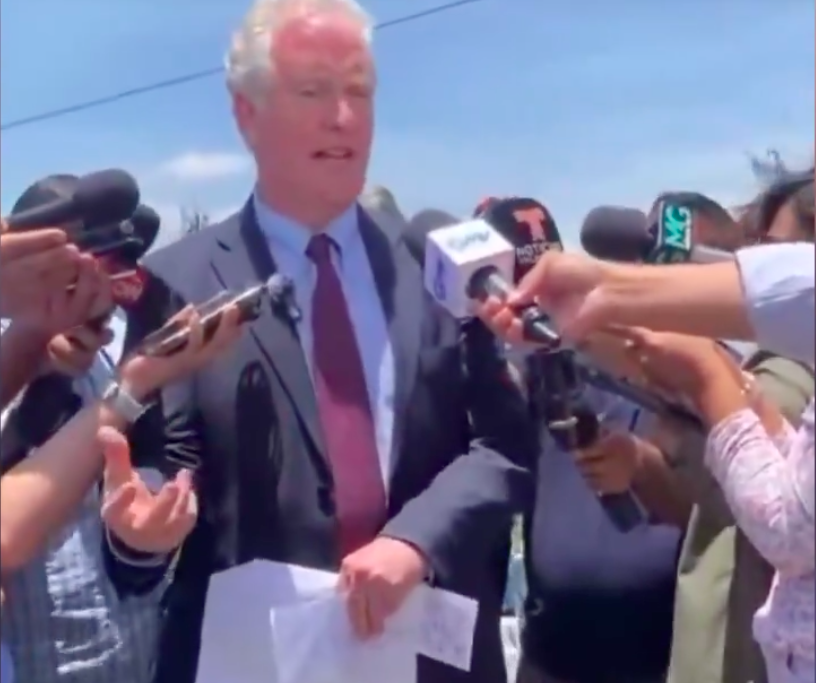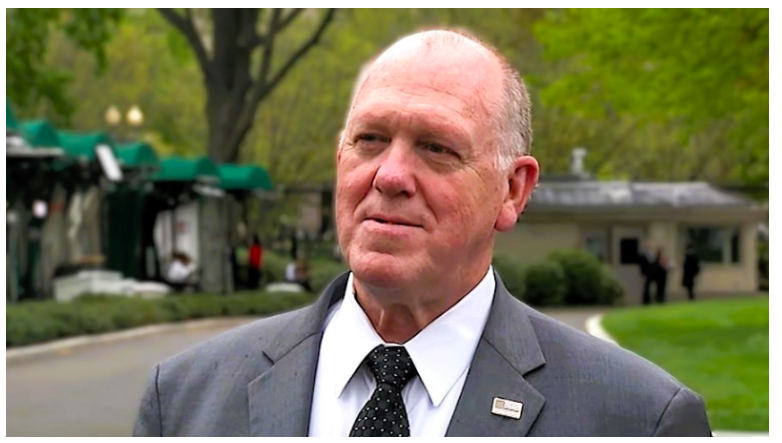In a startling revelation, recently declassified documents have unveiled that the Biden administration labeled individuals opposing COVID-19 lockdowns and mandates as “domestic violent extremists” (DVEs). This classification raises significant concerns about the infringement of First Amendment rights and the potential misuse of government power to suppress dissent.
The declassified report, titled “DVEs and Foreign Analogues May React Violently to COVID-19 Mitigation Mandates,” was co-authored by the FBI, Department of Homeland Security (DHS), and the National Counterterrorism Center (NCTC) in December 2021. It suggests that individuals questioning the safety of mRNA vaccines or opposing mask mandates could be potential threats. The report states, “Prominent narratives include the belief that COVID-19 vaccines are unsafe… or are designed to start a new social or political order.”
Former Democratic Representative Tulsi Gabbard, now serving as Director of National Intelligence, declassified these documents, expressing concern over the vague criteria used to label individuals as extremists. She noted that the documents discuss people who may “turn to violence because of these specific ‘ideologies’ that they hold,” which could encompass a broad range of dissenting opinions.
This approach by the Biden administration appears to conflate legitimate political dissent with violent extremism. By labeling those who question government policies as potential threats, the administration risks suppressing free speech and open debate, fundamental pillars of a democratic society.
The implications of this classification are profound. Designating individuals as DVEs can lead to increased surveillance, investigations, and potential legal actions, all based on their political beliefs or expressions. Such measures could deter citizens from voicing their opinions, fearing government reprisal.
Moreover, this strategy sets a concerning precedent. If the government can label opposition to its policies as extremism, it undermines the very essence of democratic engagement. It suggests that dissent is not only unwelcome but dangerous, a notion antithetical to the principles of free expression and open discourse.
The declassified documents also reveal that the administration considered online speech critical of COVID-19 measures as potential indicators of extremism. This perspective aligns with previous reports of the government pressuring social media platforms to censor content deemed as misinformation, further blurring the lines between safeguarding public health and suppressing dissent.
From a Christian, conservative viewpoint, this development is deeply troubling. It reflects a growing trend of governmental overreach, where expressing one’s beliefs, especially those rooted in faith and traditional values, can be misconstrued as extremist behavior. Such actions threaten the religious freedoms and moral convictions that many hold dear.
Historically, the United States has championed the rights of individuals to question authority and advocate for change. The civil rights movement, for instance, was driven by individuals who challenged prevailing norms and policies. Labeling modern-day dissenters as extremists disregards this legacy and stifles progress.
Furthermore, equating opposition to public health mandates with violent extremism diminishes the real threats posed by actual extremist groups. It diverts attention and resources away from genuine dangers, potentially compromising national security.
In conclusion, the Biden administration’s decision to label lockdown opponents as “domestic violent extremists” is a concerning development that threatens free speech and democratic engagement. It is imperative for citizens to remain vigilant, advocate for their rights, and ensure that dissenting voices are not unjustly silenced under the guise of national security





